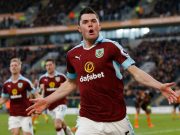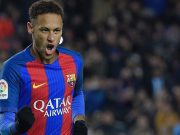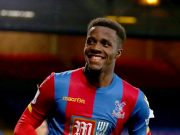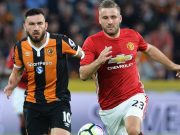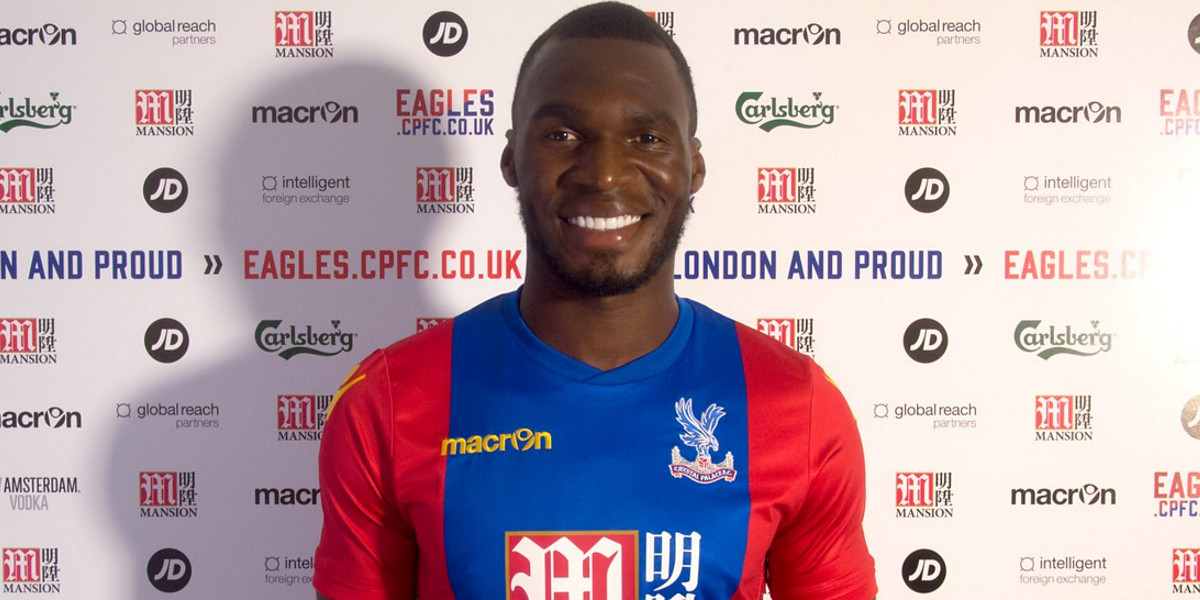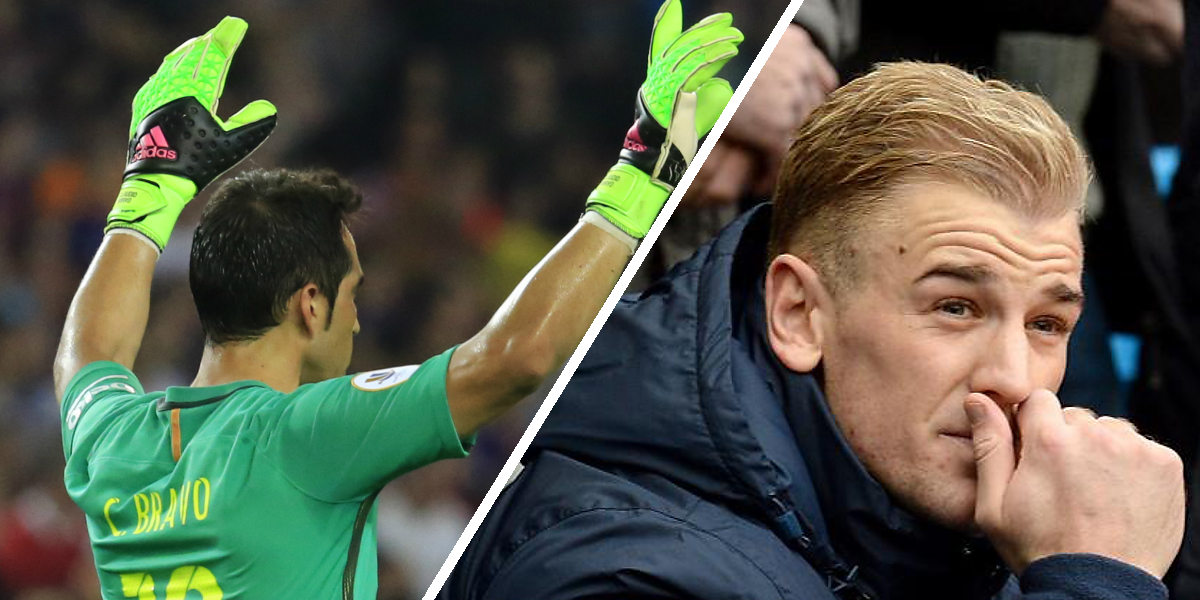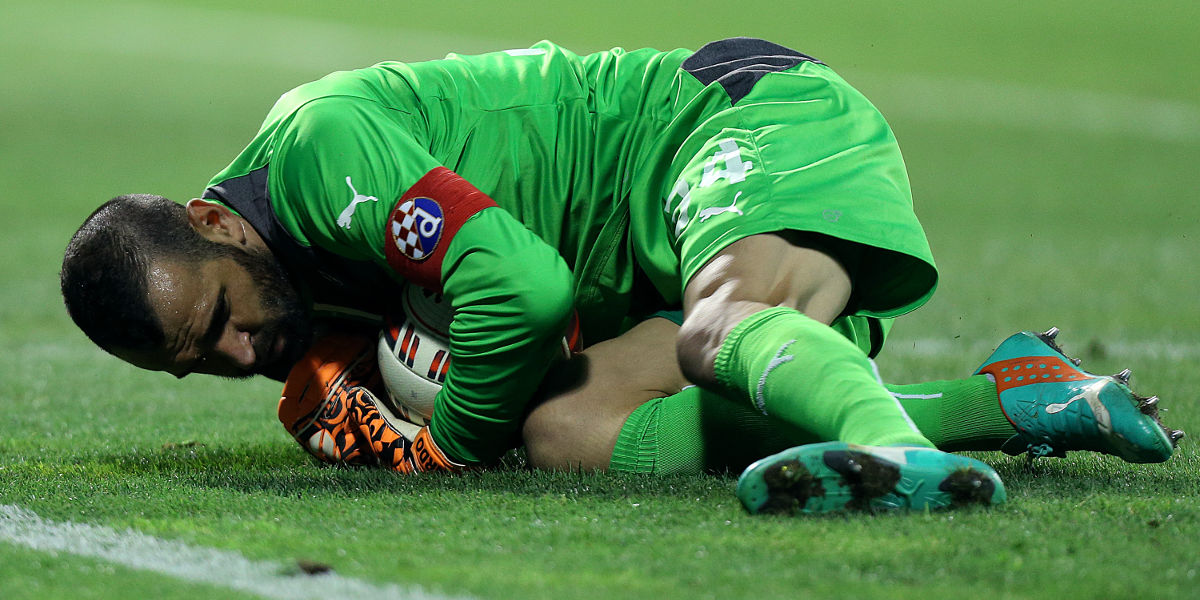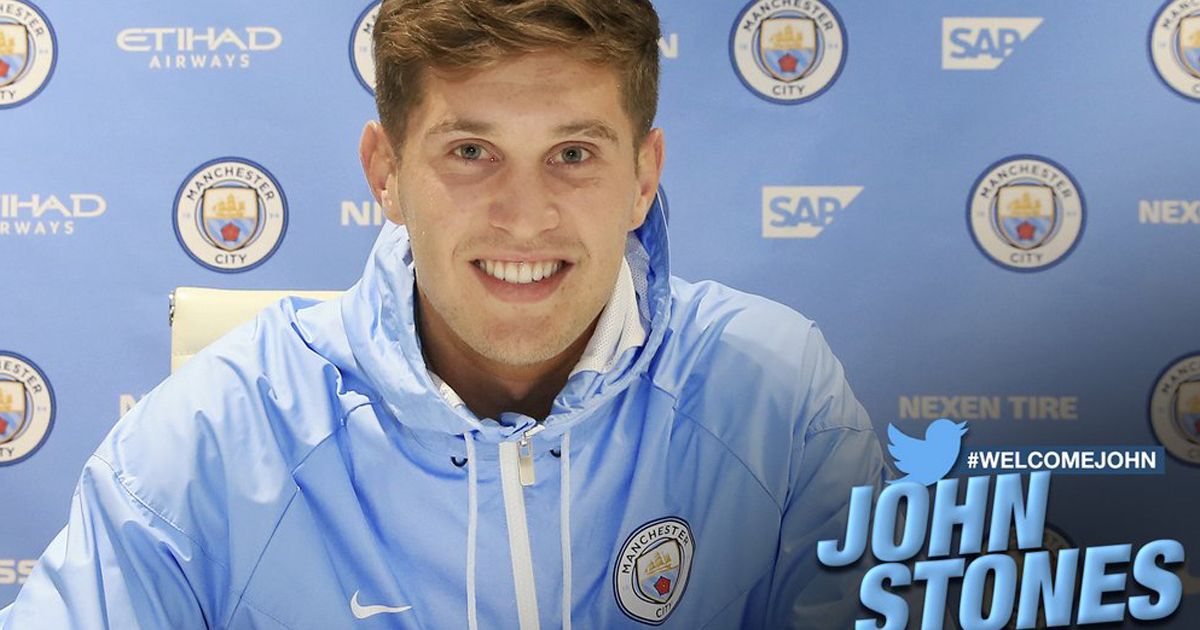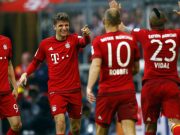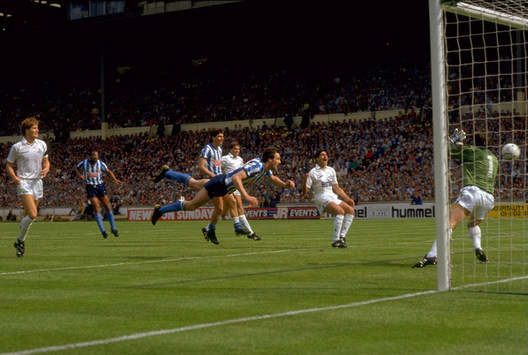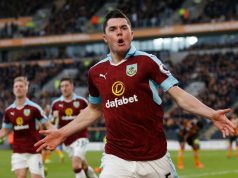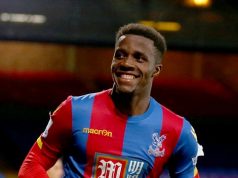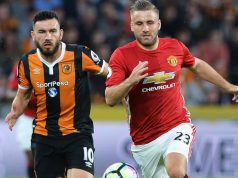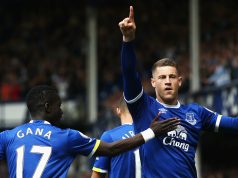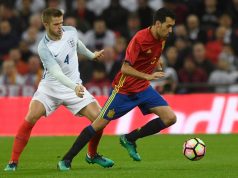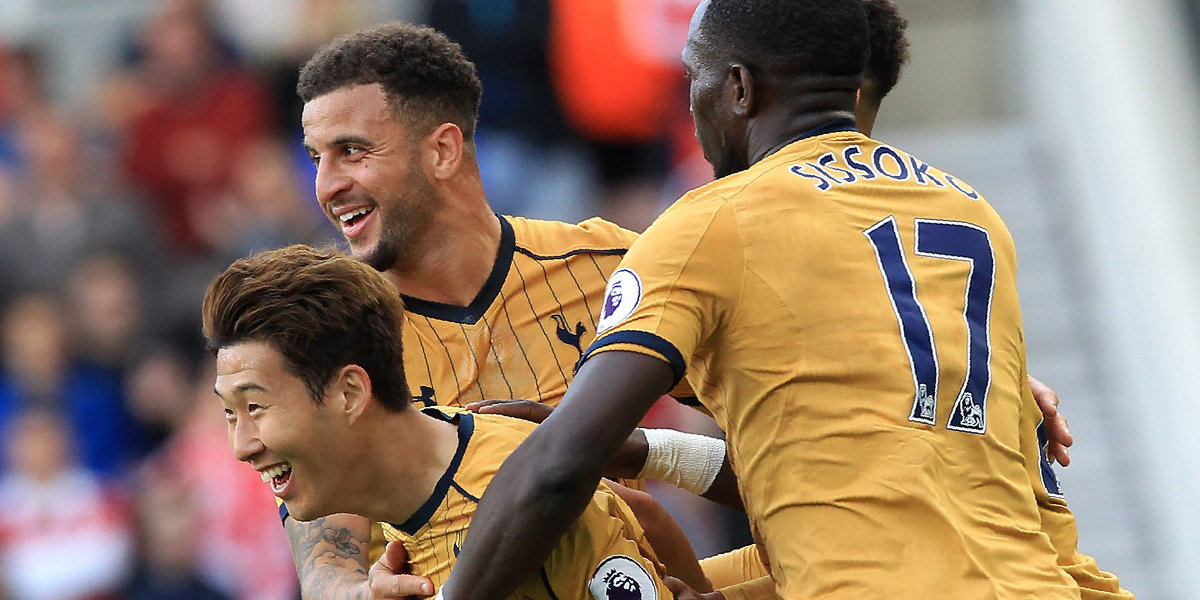By Graham Lister
While some may feel the FA Cup has lost a little of its lustre in recent years, football romantics – and especially fans of League One Coventry City – will view the Sky Blues’ trip to Tottenham this third round weekend with a particular frisson of anticipation. For leaving aside the nail-biting 2-1 victory at White Hart Lane on the last afternoon of the 1996-97 season that kept Coventry in the top flight, the FA Cup provided the most memorable and enthralling meeting between these two clubs.
It took place nearly 26 years ago – in the final, no less – and remains the greatest day in the history of the Sky Blues, currently striving to rise from the third tier following a painful decline in their fortunes since losing their Premier League status in 2001.
In May 1987, they had ended their 20th consecutive First Division campaign with a creditable 10th-place finish under the joint management of George Curtis and John Sillett, and were looking forward to their first-ever Cup final with the relish of underdogs.
Their opponents were under rather more pressure. In his first season at the helm, David Pleat had guided Tottenham to a League Cup semi-final and third place in the League, which they had briefly threatened to win. Now they were at Wembley with a three-pronged mission to fulfil.
Spurs aimed to make up for their League Cup disappointment at the hands of bitter rivals Arsenal. They wanted to give their cultured midfield maestro Glenn Hoddle a winning send-off in his last game before he left for Arsene Wenger’s Monaco. And above all they wanted to extend the club’s proud record of having won each of the seven previous FA Cup finals they’d contested.
In striker Clive Allen they boasted a potent weapon who’d already scored 48 goals that season in all competitions, and seen his exploits recognised by receiving Player of the Year accolades from both his fellow professionals and the football writers.
Less celebrated, pre-match, was Coventry striker Keith Houchen, a £60,000 summer signing from Scunthorpe United who had managed just one League goal for the Sky Blues – though he had proved something of a talisman in the FA Cup, scoring four times on the road to Wembley.
That journey had begun with a 3-0 win at home to Bolton in the third round and continued, memorably, with a 1-0 triumph away to recently-appointed Alex Ferguson’s Manchester United. Then came away successes over Stoke and Sheffield Wednesday, before Leeds United were beaten 3-2 in a thrilling semi-final.
Amusingly, Spurs legend turned Midlands football pundit Jimmy Greaves, working for Central TV, had predicted defeat for Coventry at every hurdle and got it wrong each time. Greaves remained consistent as the final loomed, tipping his old club to triumph at Wembley.
Their progress had been serene, as Scunthorpe (3-2), Crystal Palace (4-0) and Newcastle (1-0) were all despatched with minimal fuss at the Lane. Then came an impressive 2-0 quarter-final victory at Wimbledon and a resounding 4-1 win over Watford in the semis.
With Hoddle, Ossie Ardiles and Chris Waddle prominent in a five-man midfield supplying the ammunition for striker Allen, Pleat’s attractive side were strong favourites to lift the Cup for the eighth time in their history.
Coventry, though, looked more of a team as the game got underway – if only because their players were all wearing identical kit. In contrast, half the Spurs team’s lilywhite shirts were without club sponsor Holsten’s logo thanks to a cock-up on the cockerels’ equipment front.
Not that Allen (complete with logo) seemed fazed. In only the second minute he moved irresistibly closer to a half-century of goals in a season, crowning Waddle’s right-wing body-swerve and cross with an unstoppable header to put Tottenham 1-0 up.
But Coventry did not break their stride, and hit back within seven minutes when Houchen headed the ball forward and Dave Bennett reacted quickest to side-step Ray Clemence and fire home an equaliser. Bennett had played – and lost – for Manchester City against Spurs in the 1981 final.
Cyrille Regis had a ‘goal’ ruled out, apparently for a push, while Hoddle saw a 30-yarder blocked by Trevor Peake, Allen hitting the loose ball into the side-netting. Then shortly before the break, Tottenham restored their advantage. Hoddle’s free-kick into the area was contested by City skipper Brian Kilcline and Spurs defender Gary Mabbutt, the ball rebounding off the latter into the net.
Resolutely unbowed, Coventry grabbed a second equaliser in the 63rd minute with a stunning goal fit to grace any final. Houchen played the ball to Bennett on the right, then flung himself full-length to meet the return cross with a spectacular diving header from six yards out that gave Clemence no chance. The keeper was soon required to pull off a vital save to thwart another Houchen header.
Kilcline limped off after injuring himself in a late tackle on Mabbutt, but as the game went to extra-time it was the unfancied Midlanders who came into their own. Substitute Graham Rodger freed Lloyd McGrath, whose cross struck the unfortunate Mabbutt on the knee, wrong-footing Clemence and looping over the keeper into the net for an own-goal.
Coventry held onto their lead to win 3-2, sparking scenes of unbounded joy from Curtis, Sillett, the players and their adoring fans. It was the club’s first major honour, 104 years after their formation by workers at a bicycle factory as Singers FC. Pleat was denied his dream of a first trophy; Hoddle his wish of leaving on an expected high.
A quarter of a century later, as Andre Villas-Boas prepares his stars for the visit of Mark Robins’ artisans, he may well ponder the Cup’s enduring capacity for springing surprises and puncturing reputations.


